Choosing the right phlebotomy course is an important step towards a successful career in healthcare. With so many options available, it can be overwhelming to decide which course will best suit your needs and goals. Making an informed decision ensures you receive the proper training and education required to excel in this field.
When selecting a phlebotomy course, it’s crucial to consider your career objectives. Do you want to work in a busy hospital environment, a private clinic, or a laboratory? Understanding where you see yourself working can help narrow down the courses that align with those settings. Additionally, considering the level of certification you wish to achieve can also guide your decision-making process.
It’s equally important to evaluate the different training providers and their offerings. Not all courses are created equal, so taking the time to compare factors such as curriculum content, practical training opportunities, and instructor qualifications is essential. By doing so, you can ensure you choose a course that provides comprehensive education and hands-on experience, preparing you well for your future role as a phlebotomist.
Understanding Your Career Goals and Needs
To choose the right phlebotomy course, it’s important to start by understanding your career goals and needs. Think about where you see yourself working in the future. Do you prefer the fast-paced environment of a hospital, or would you rather work in a smaller, more intimate setting like a private clinic or a laboratory? Identifying your ideal work environment will help you choose a course that focuses on the skills and experiences most relevant to those settings.
Furthermore, consider the level of certification you aim to achieve. Different courses offer various levels of certification, from basic training to advanced levels. If you’re just starting, an introductory course might be the best fit. However, if you aim to specialise further or advance in your career, you may need a course that provides more comprehensive training. Understanding these elements will help narrow down your options and ensure you select a course that aligns with your professional aspirations.
Key Factors to Consider When Choosing a Course
When it comes to selecting a phlebotomy course, several key factors should be taken into account. One of the most important is the course content. Make sure the curriculum covers all the essential topics you need to learn, such as blood collection techniques, patient interaction, and safety protocols. A comprehensive curriculum ensures you receive a well-rounded education that prepares you for the demands of the job.
Another crucial factor is the quality of the instructors. Experienced and knowledgeable instructors can provide valuable insights and guidance, making your learning experience much richer. Look for courses where instructors have a strong background in phlebotomy and healthcare. Additionally, check if the course offers hands-on training opportunities. Practical experience is vital in phlebotomy, and a course that includes plenty of practice can help you build the skills and confidence needed for your future career.
Lastly, consider the course duration and flexibility. Some courses may fit better into your schedule than others, especially if you’re balancing other commitments like work or family. Look for courses that offer flexible schedules or part-time options to accommodate your needs. These factors combined will help you choose a course that not only fits your career goals but also your lifestyle and learning preferences.
Comparing Different Phlebotomy Training Providers
When choosing a phlebotomy course, it’s essential to compare different training providers. One way to do this is by looking at their reputation and reviews. A provider with positive testimonials and high ratings is likely to offer quality training. You can find reviews online or ask for recommendations from professionals already working in the field.
Next, consider the accreditation of the training provider. Accredited courses meet specific standards and are recognised by healthcare employers. Ensuring the course is accredited gives you confidence that the education provided is of a high standard. Additionally, check if the provider offers any support services, such as career counselling or job placement assistance. These services can help you transition smoothly from training to employment.
How to Evaluate Course Curriculum and Practical Training
Evaluating the course curriculum is critical to ensuring you receive a thorough education in phlebotomy. Look for a curriculum that covers all necessary aspects, including anatomy and physiology, blood collection techniques, infection control, and patient communication. A well-rounded curriculum ensures you are prepared for all facets of the job.
Practical training is equally important. A course with ample hands-on opportunities allows you to put theory into practice. This could include supervised blood draws, simulations, and lab work. The more practical experience you gain during training, the more confident and competent you will become. Make sure the course you choose offers enough practical hours to meet certification requirements and build your skills effectively.
Conclusion
Choosing the right phlebotomy course is a significant step towards a rewarding career in healthcare. It’s important to understand your career goals and needs, and to evaluate key factors such as course content, instructor quality, and practical training opportunities. Comparing different training providers further ensures you receive the best education and support possible.
If you’re ready to take the next step in your phlebotomy career, Phlebotomy Training Services offers a comprehensive phlebotomy course in London designed to meet your needs. Our accredited programmes provide extensive hands-on experience and are taught by experienced professionals. Enrol with Phlebotomy Training Services today and embark on a successful career in phlebotomy.

